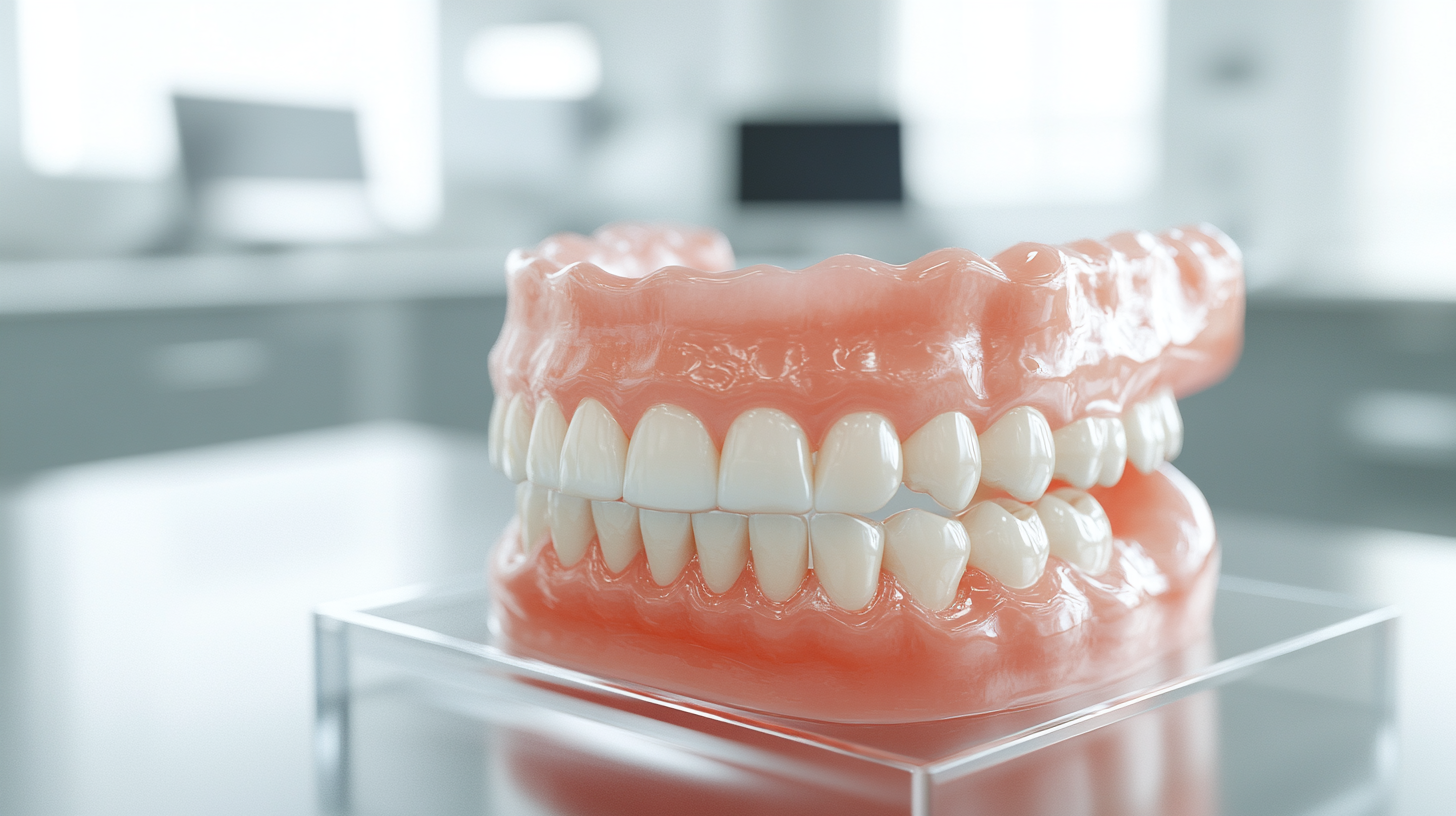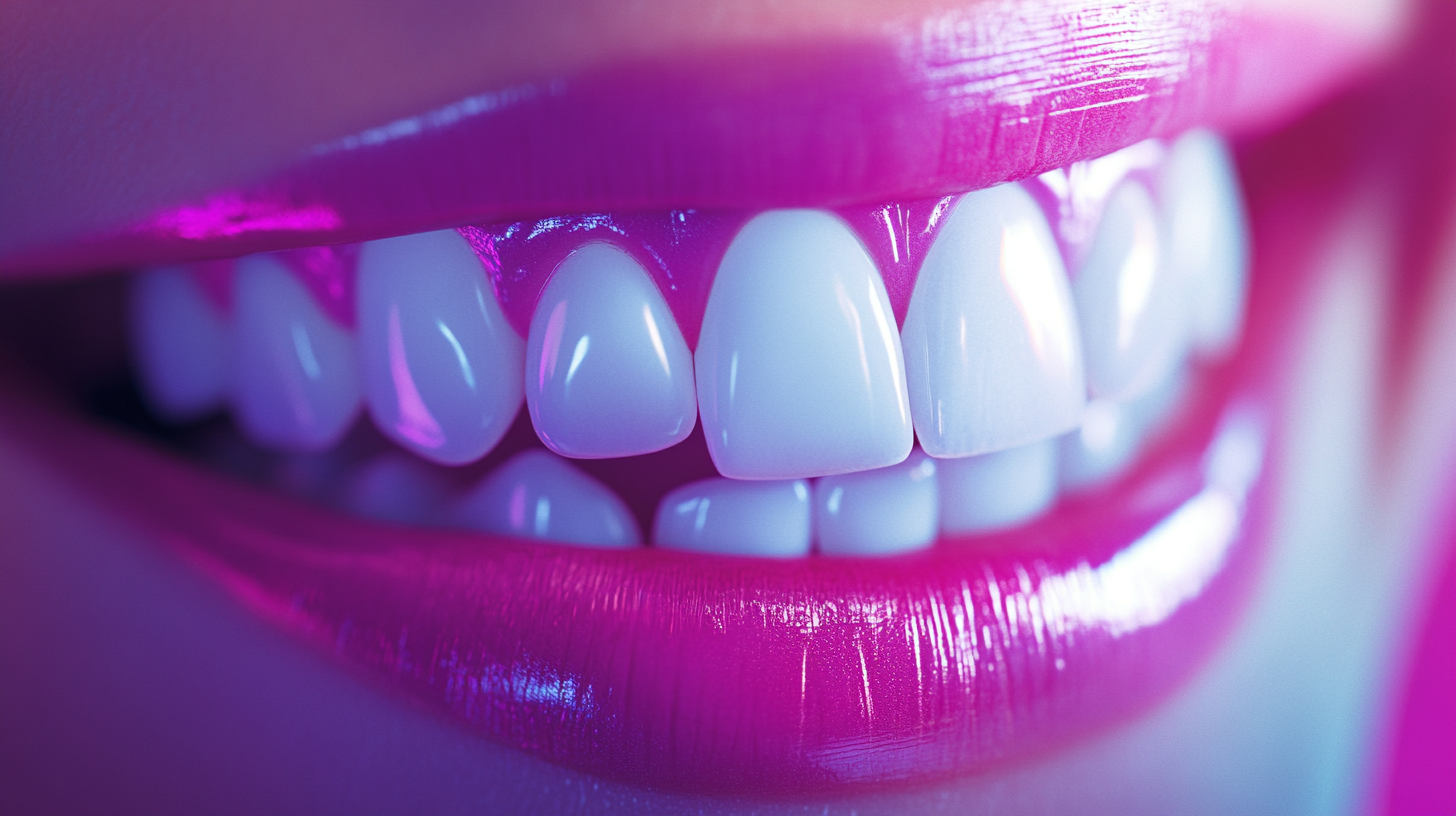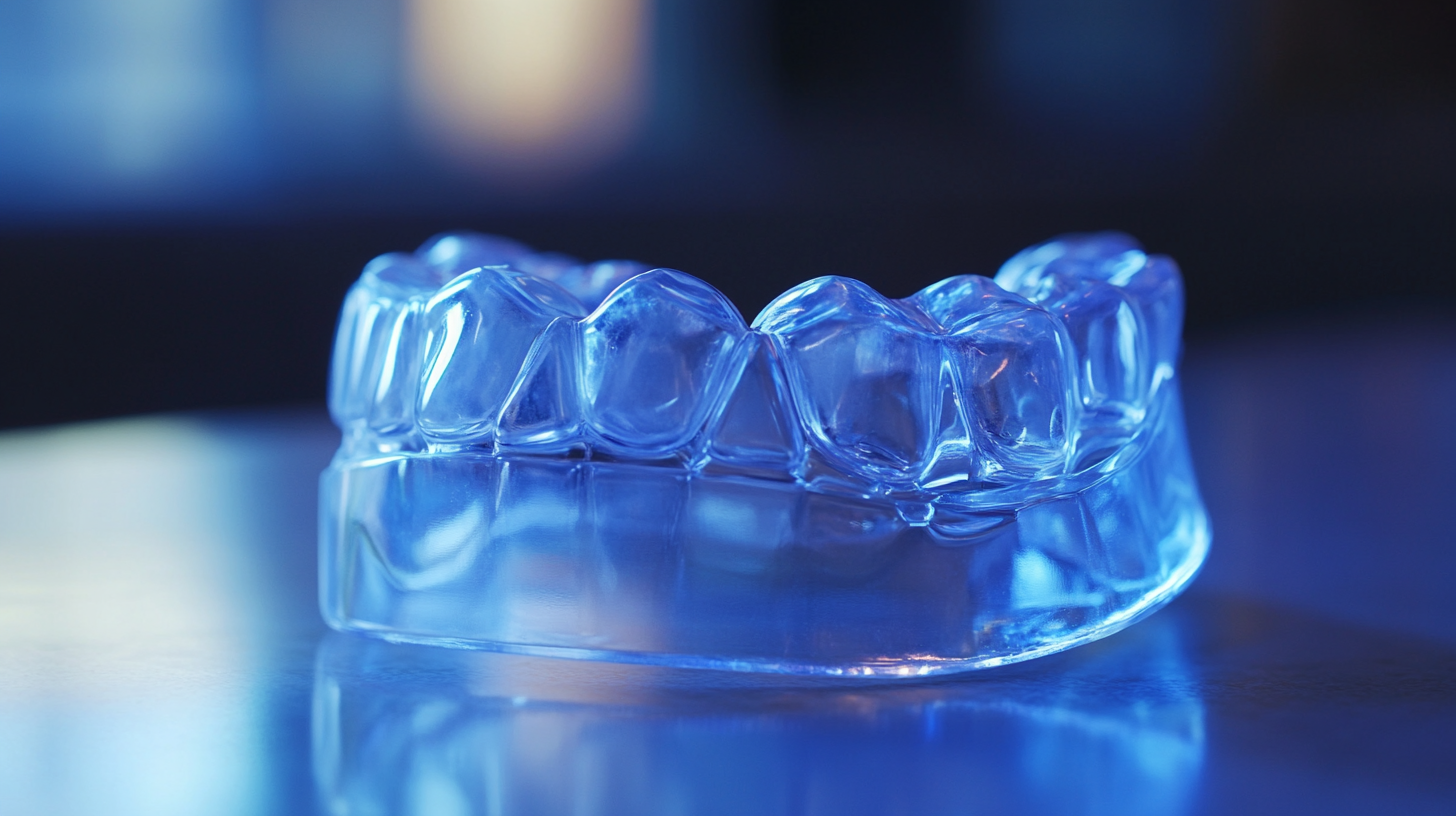Maximizing Oral Health Benefits with Dental Guards A Comprehensive Guide for Global Buyers
In today's fast-paced world, maintaining oral health is more critical than ever, and one effective tool in achieving this is the dental guard. Designed to protect teeth from grinding, clenching, and other damaging behaviors, dental guards are essential not only for those experiencing sleep-related issues but also for athletes and anyone at risk of dental trauma. The growing awareness of oral health's impact on overall well-being has led to an increase in demand for high-quality dental guards, making it vital for global buyers to understand their options.
This comprehensive guide aims to equip readers with the knowledge needed to maximize the benefits of dental guards. From selecting the right type and material to understanding how to care for and maintain them, this blog will cover everything you need to know. Whether you're a consumer seeking personal protection or a retailer looking to stock your inventory, understanding the myriad benefits of dental guards will help you make informed decisions that enhance oral health outcomes for everyone.

Understanding the Different Types of Dental Guards Available on the Market
Dental guards, also known as mouthguards, play a crucial role in protecting oral health, especially for individuals engaged in sports or those suffering from bruxism. Understanding the different types available is essential for maximizing their benefits. According to a report by Grand View Research, the global dental guard market was valued at approximately $2.5 billion in 2020 and is expected to grow significantly, forecasting a compound annual growth rate (CAGR) of over 8% from 2021 to 2028. The main types of dental guards include stock, boil-and-bite, and custom-made options. Stock guards are pre-formed and ready to wear, making them the most accessible but often the least comfortable. Boil-and-bite guards are made from thermoplastic materials that can be molded to fit the user's teeth after being softened in hot water. These provide a better fit than stock guards, but their effectiveness can still vary based on user technique. Custom-made guards, which are tailored to an individual's dental structure by a professional, offer the best fit, comfort, and protection, making them the preferred choice for serious athletes and those with significant dental concerns. According to the American Dental Association, a properly fitting dental guard can reduce the risk of dental injuries as much as 80%. This statistic highlights the importance of investing in the right type of guard based on one's lifestyle and specific needs. Notably, as awareness of dental health grows, the demand for custom-made dental guards continues to rise, indicating a shift towards prioritizing personalized oral care solutions.

Key Benefits of Using Dental Guards for Oral Health Protection
Dental guards, also known as mouthguards, are increasingly recognized as essential tools for protecting oral health. The American Dental Association (ADA) estimates that over 20 million individuals in the United States use dental guards to prevent injury during sports and to address issues like teeth grinding, or bruxism. This practice not only preserves the integrity of the teeth but also significantly contributes to overall well-being.
One of the primary benefits of using dental guards is their ability to prevent enamel erosion caused by grinding. Research indicates that untreated bruxism can lead to severe dental issues, including fractures, chips, and even tooth loss. According to a study published in the Journal of the American Dental Association (JADA), individuals who use customized dental guards can reduce the frequency of teeth clenching and grinding by 50%, thereby minimizing the risk of long-term damage.
Furthermore, dental guards play a crucial role in protection against sports-related injuries. The National Federation of State High School Associations (NFHS) reports that dental injuries account for a significant percentage of all sports injuries, particularly in contact sports. Wearing a dental guard can drastically reduce the likelihood of oral trauma, with studies showing that athletes are 60 times more likely to sustain dental injuries if they are not wearing a mouthguard during play. Thus, the incorporation of dental guards into daily routines can enhance oral health protection while providing peace of mind for both athletes and individuals prone to bruxism.

How to Choose the Right Dental Guard for Your Needs
When considering the purchase of a dental guard, it is essential to understand the specific needs that come with your oral health situation. According to a report from the American Dental Association, over 30 million Americans suffer from bruxism, a condition characterized by teeth grinding and jaw clenching. This highlights the importance of selecting the right dental guard to prevent tooth damage and alleviate associated discomfort.
There are several types of dental guards available, including over-the-counter, custom-molded, and dual-laminate options. Over-the-counter guards are convenient and affordable, typically designed for general use, but may not provide the best fit or protection. A 2020 survey by the American Academy of Dental Sleep Medicine indicates that custom-fitted guards are far superior, as they are tailored to an individual’s specific dental structure, resulting in enhanced comfort and effectiveness.
While choosing a dental guard, consider additional factors such as material quality, ease of cleaning, and durability. Latex-free options are available for those with sensitivities, and the American Dental Hygienists' Association recommends models with a solid layer for enhanced protection against wear. Ultimately, investing in the right dental guard not only protects your teeth but can also improve your overall quality of sleep, as indicated by research published in the Journal of Dentistry, showing a significant reduction in sleep-related issues associated with bruxism when using an appropriate guard.

Tips for Maintaining and Caring for Your Dental Guard
Taking proper care of your dental guard is essential for maximizing its longevity and effectiveness. First and foremost, daily cleaning is crucial. After every use, rinse your guard with warm water to remove plaque and bacteria. For a deeper clean, use a soft toothbrush or a specialized dental guard cleaner to gently scrub the surface, ensuring it remains free from any buildup that could affect your oral health. Avoid using toothpaste, as the abrasives can scratch the material, leading to wear over time.
Storage plays an equally important role in maintaining your dental guard. Always keep your guard in a protective case when it’s not in use, as this will shield it from dirt, moisture, and potential damage. Make sure the case is clean and dry before placing the guard inside. Additionally, keep your guard away from direct sunlight or extreme temperatures, as these can warp the material and compromise its fit and functionality.
Finally, regular inspections are a vital part of dental guard care. Check for any signs of wear or damage before each use. If you notice significant changes in fit or any cracks, it may be time to visit your dentist for a replacement. By following these maintenance tips, you can ensure that your dental guard remains an effective tool in safeguarding your oral health for years to come.
Addressing Common Myths and Misconceptions About Dental Guards
Dental guards are often surrounded by a multitude of myths and misconceptions that can lead to confusion among potential users. One of the most common myths is that dental guards are only necessary for athletes. In reality, data from the American Dental Association (ADA) reveals that bruxism, or teeth grinding, affects approximately 10% of the adult population, regardless of athletic activity. This condition can lead to severe dental issues, making dental guards an essential preventive tool for many, not just athletes.
Another misconception is that dental guards are uncomfortable and difficult to wear. While early models may have had fit issues, advancements in technology have significantly improved the design and comfort level of dental guards. According to the Journal of the American Dental Association, modern dental guards can be custom-made to fit the user's mouth precisely, enhancing comfort and effectiveness. Additionally, many users report that with proper guidance from dental professionals, they quickly acclimate to wearing them, maximizing their oral health benefits.
A further myth is that dental guards only protect against physical injuries. However, they also play an important role in managing the stress and strain associated with bruxism. Research indicates that consistent use of dental guards can reduce the incidence of headaches and jaw pain, which are frequently reported by those who grind their teeth at night. Given the prevalence of these issues in the population, addressing these misconceptions can encourage more individuals to seek out dental guards and protect their oral health effectively.

